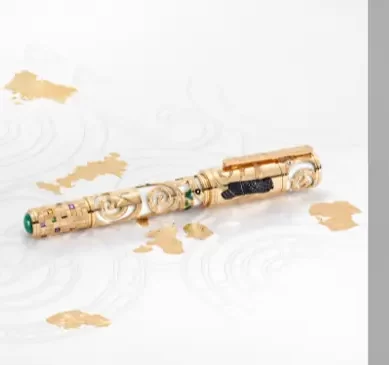Digilogic Systems Pvt. Ltd. (DSPL) has signed a Memorandum of Understanding (MoU) with SATIM ( Poland) . This collaboration aims to engage in the development of Synthetic Aperture RADAR – Environment Simulator (SAR-ES).
MoU for Technological Synergy between Digilogic Systems & SATIM
Under the terms of the MoU, SATIM has agreed to provide DSPL with the SAR module libraries. DSPL, in turn, will leverage these resources to integrate, design, and develop the SAR Environment Simulator (SARES) in India. SARES is designed to enable scientists to simulate a wide range of SAR characteristic data in the Radio Frequency in the comfort of their laboratory.
“MoU between Digilogic and SATIM has been signed keeping in mind the vision of Digilogic to provide the best possible test solution to the complex testing problems faced by our customers. SARES has been developed to provide a solution for the extreme challenges faced by the research organizations to evaluate a SAR payload before final trials. In the present scenario, the scientists and developers have no other option but to fly the payload in an aircraft and process the retrieved data. This is a very expensive process. Our system will enable our clients to do multiple simulations in the ground itself and evaluate the SAR payload rather than waiting for flight trials. This saves a lot of time and money for the customer which is very critical during the R&D process,” said Shashank Varma – CEO of Digilogic Systems.
“I am thrilled to sign the MoU with Digilogic Systems and enter into partnership that will definitely be fruitful to both companies. The application of Synthetic Aperture Radar imagery simulation capabilities provided by SATIM in testing SAR payloads can make the radar sensor development cycle much shorter than currently. It may also provide the ability to test the sensors under different scenarios, conditions and environments. SARES system is created based on experience and unique products of both Digilogic Systems and SATIM. I am looking forward to bringing it to the market together with our Partner,” said Jacek Strzelczyk – CEO of SATIM.
DSPL and SATIM are actively seeking to develop and integrate SARES in India, specifically at the Hyderabad headquarters, as part of the Make in India initiative by the Government of India. By aiming to achieve over 65% indigenous content in the development process, DSPL aims to provide robust local support to its Indian customers. This strategic move aligns with the governments vision and emphasizes the commitment to fostering domestic manufacturing capabilities.
About Digilogic Systems
Digilogic Systems Pvt. Ltd. is a distinguished company that holds the prestigious AS9100D and ISO 9001-2015 certifications. Our core focus lies in the design, manufacturing, and support of cutting-edge Radar & EW simulators, Automatic Test Equipment (ATE), Ground Check-out systems, and associated services. These offerings are specifically tailored to cater to the Development, Integration, Production, and Maintenance of Electronic Systems.
Our unwavering commitment to excellence has propelled us to achieve remarkable growth over the years. With an impressive consistent growth rate of 25% over the past four years, Digilogic Systems Pvt. Ltd. has witnessed tremendous expansion. We are proud to be on an exponential growth trajectory, and our ambitious goal is to achieve a remarkable turnover of INR 250 Crores by the fiscal year 2025-26.
About SATIM
SATIM has expertise in world-class and unique AI-based software solution for object detection, classification and identification using Synthetic Aperture Radar (SAR) satellite imagery.
SATIM, established in 2012, partnered with the European Space Agency and has created world-leading automatic object detection and classification software. It has the capability to provide near real-time, accurate classification of vessels and objects on the open sea, in port, and on land. Their team includes data scientists, remote sensing experts, AI and SAR specialists and ex-military personnel with a wealth of knowledge and experience. Also, they use simulated SAR data to train AI models.



































